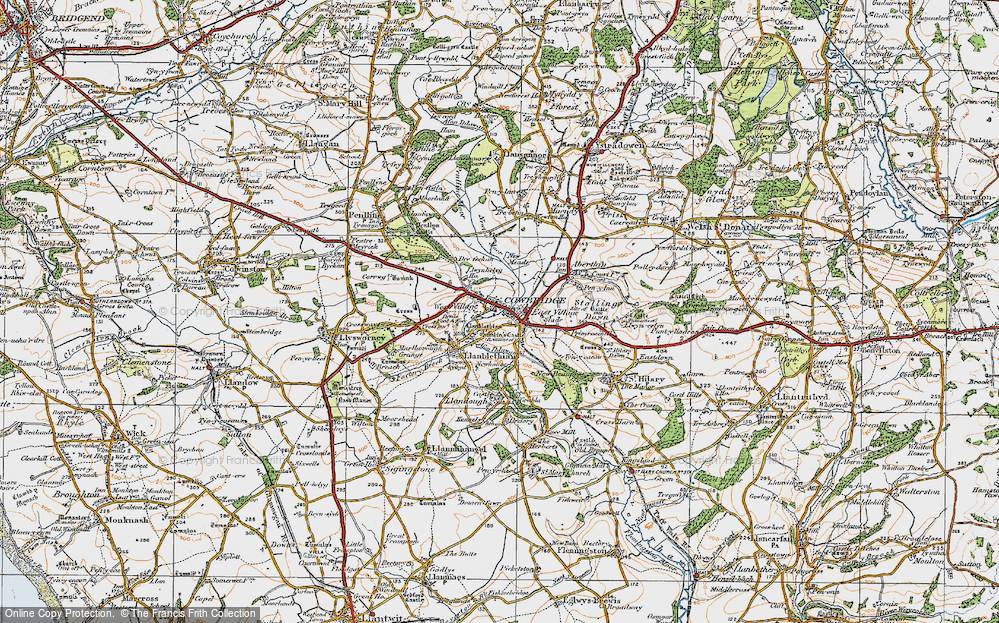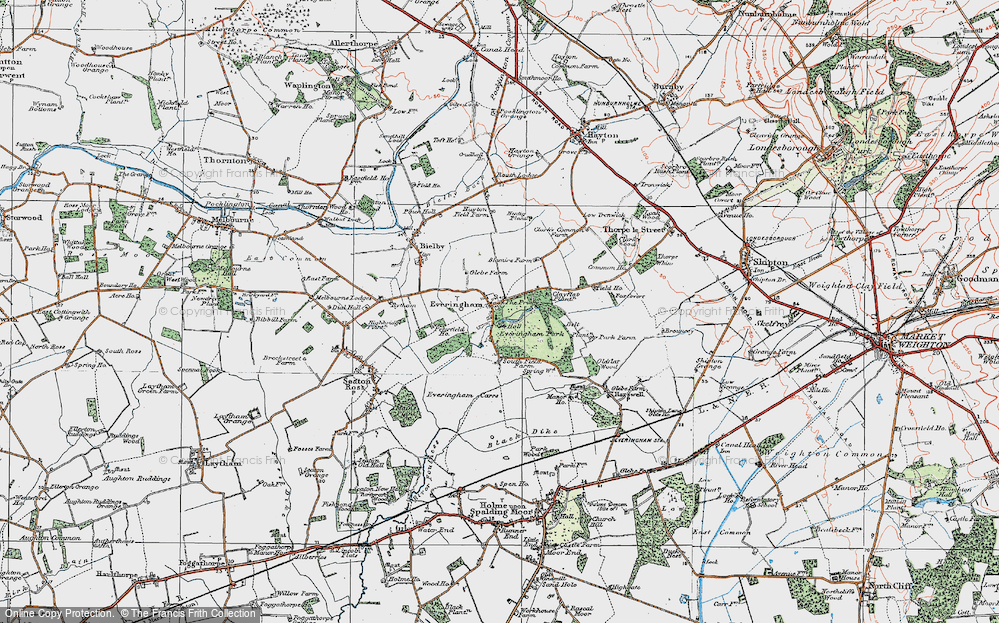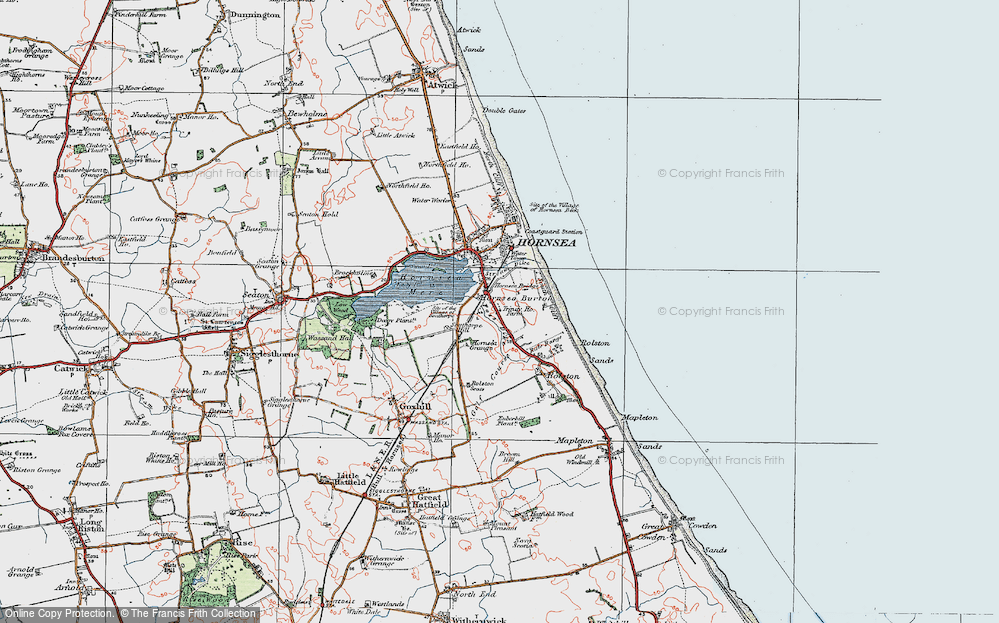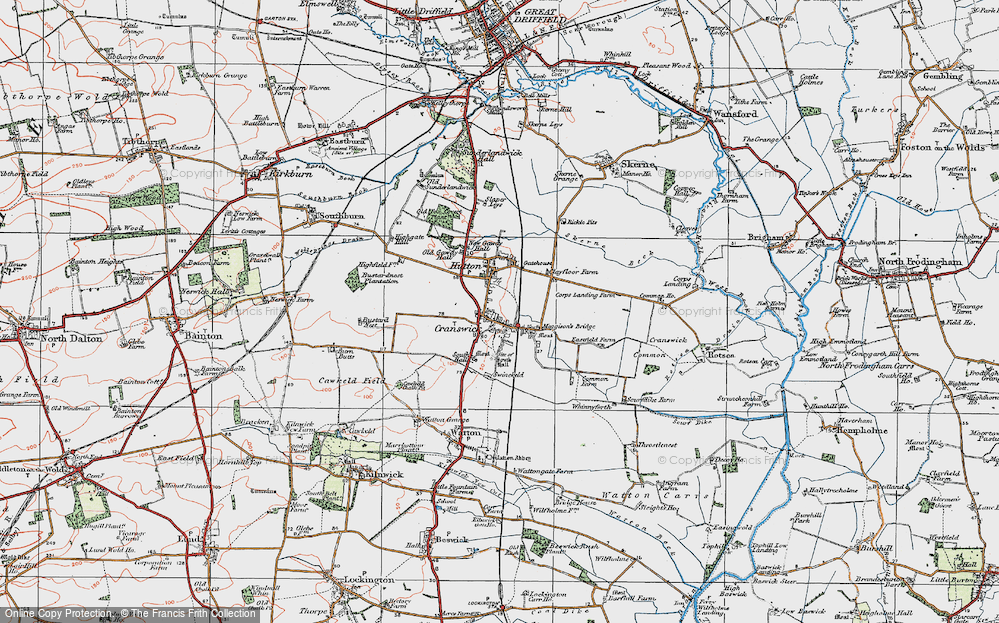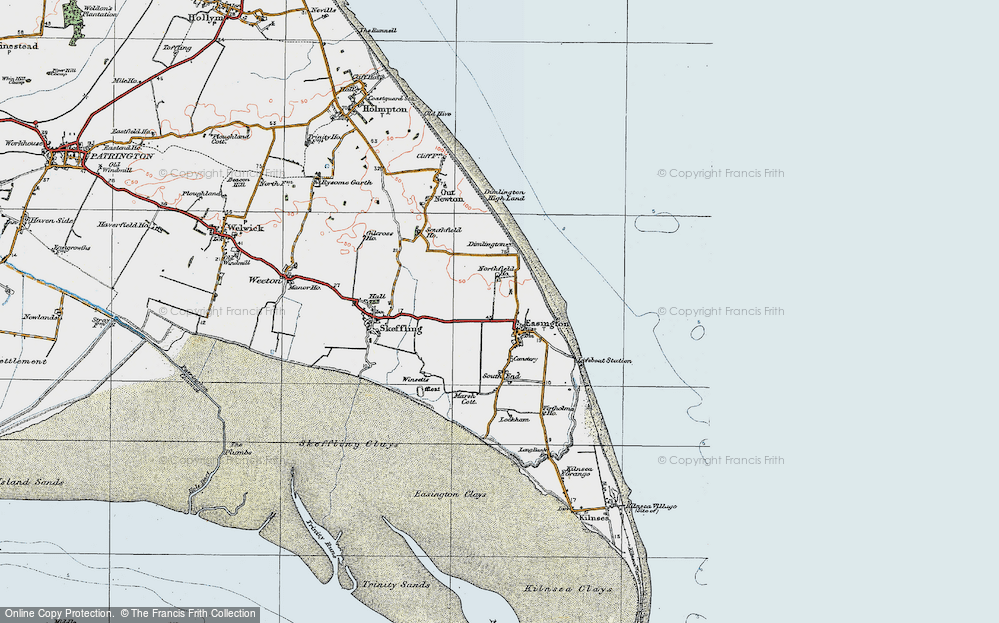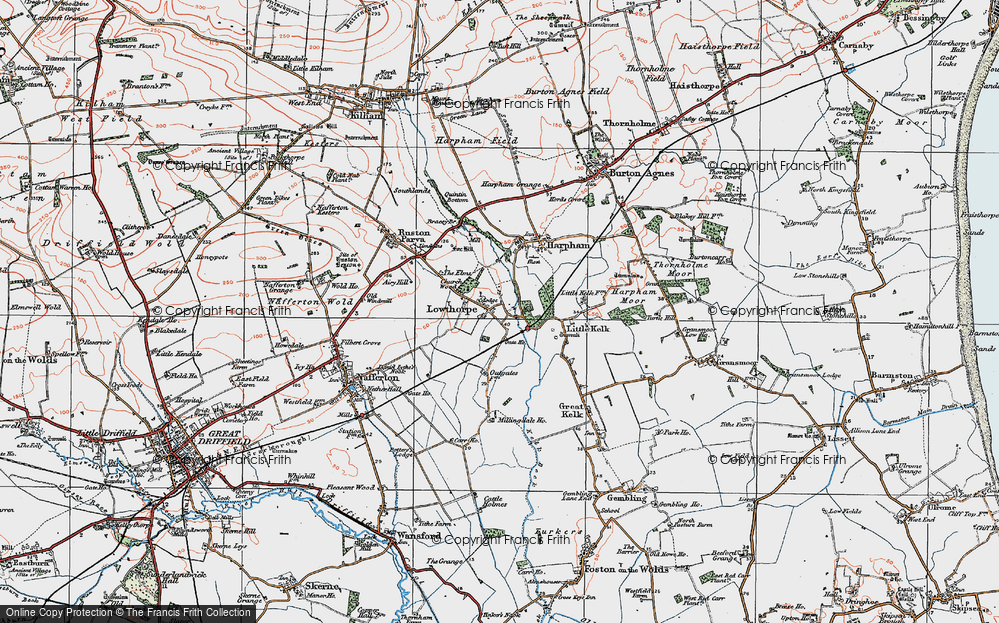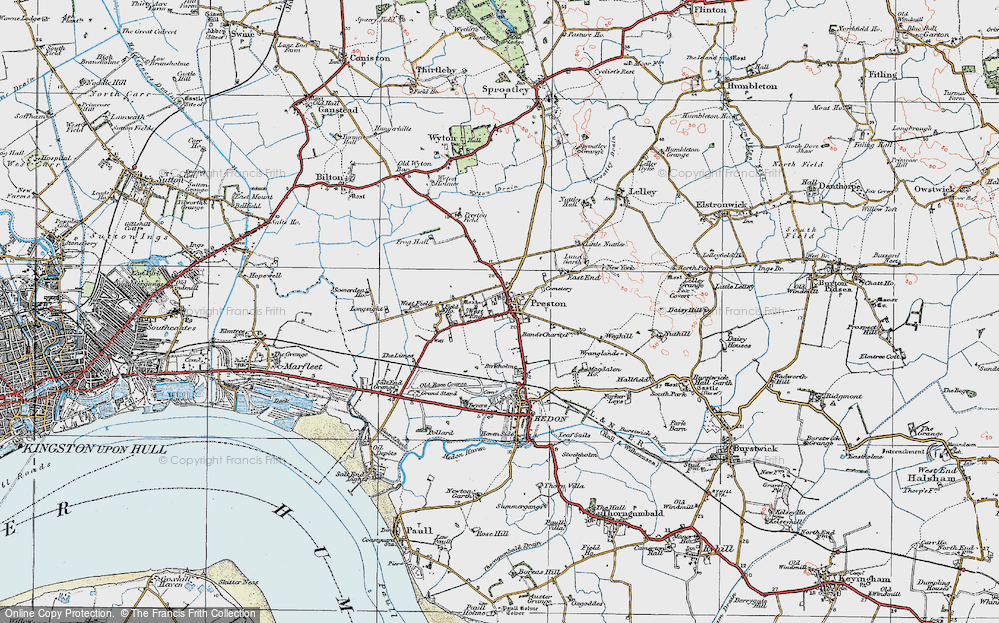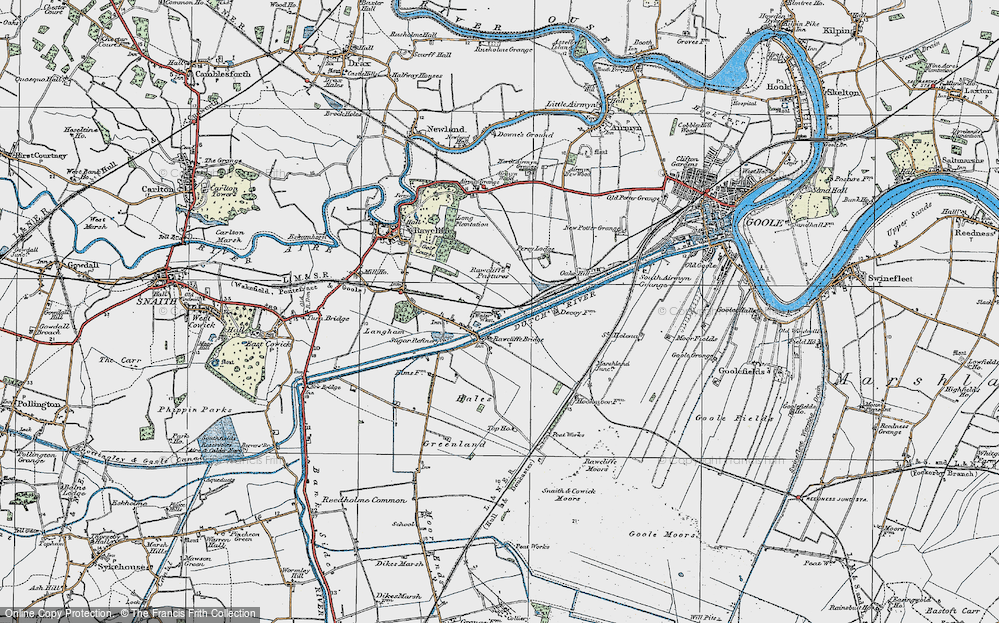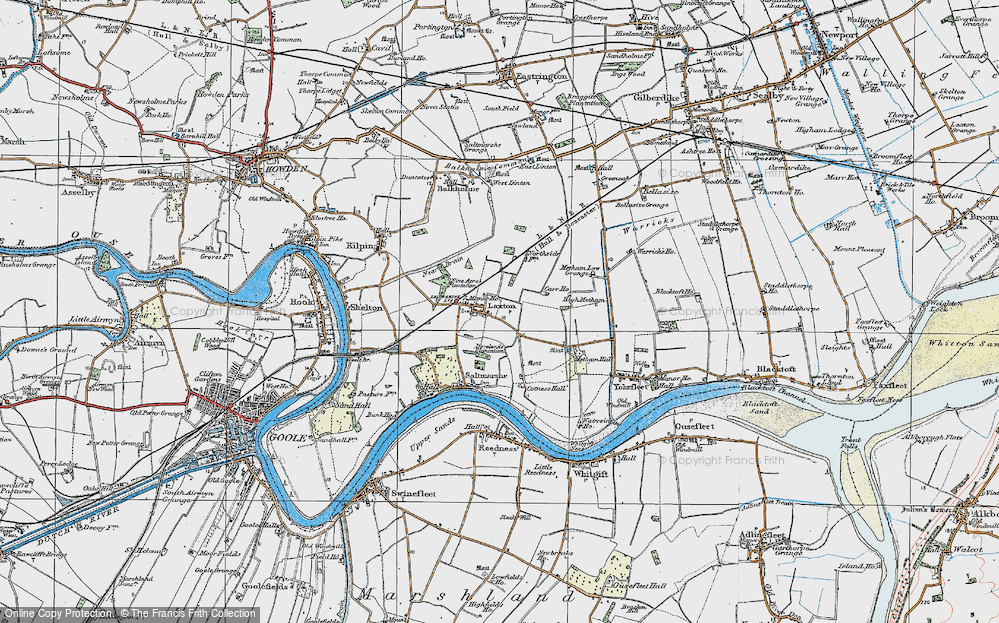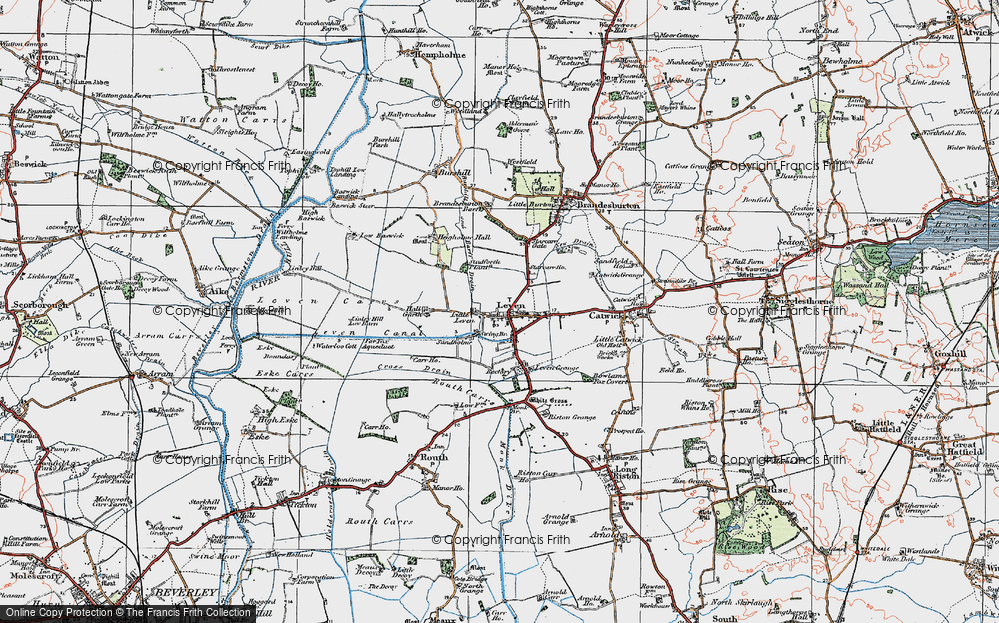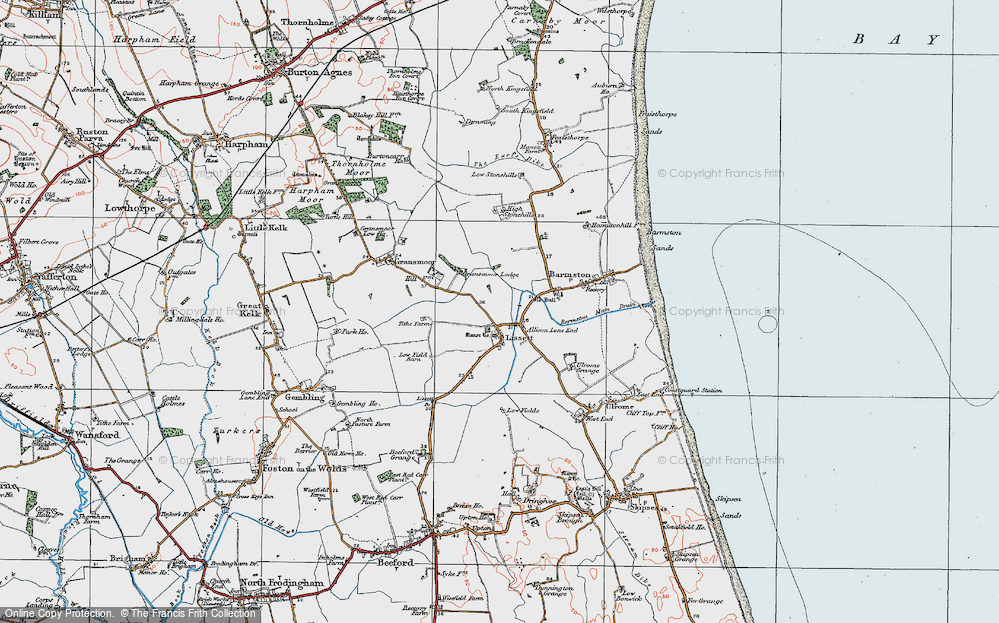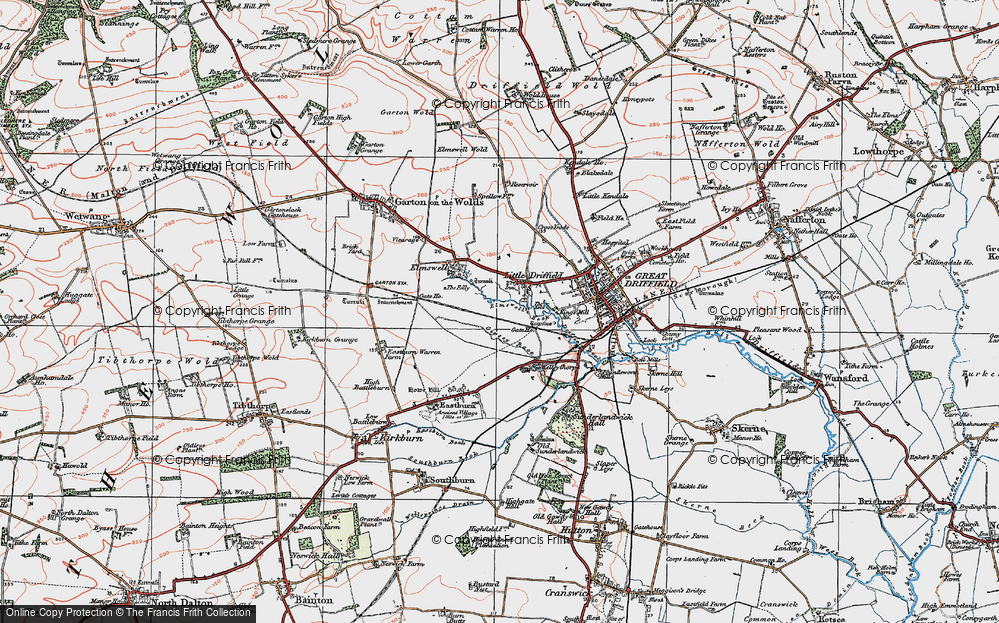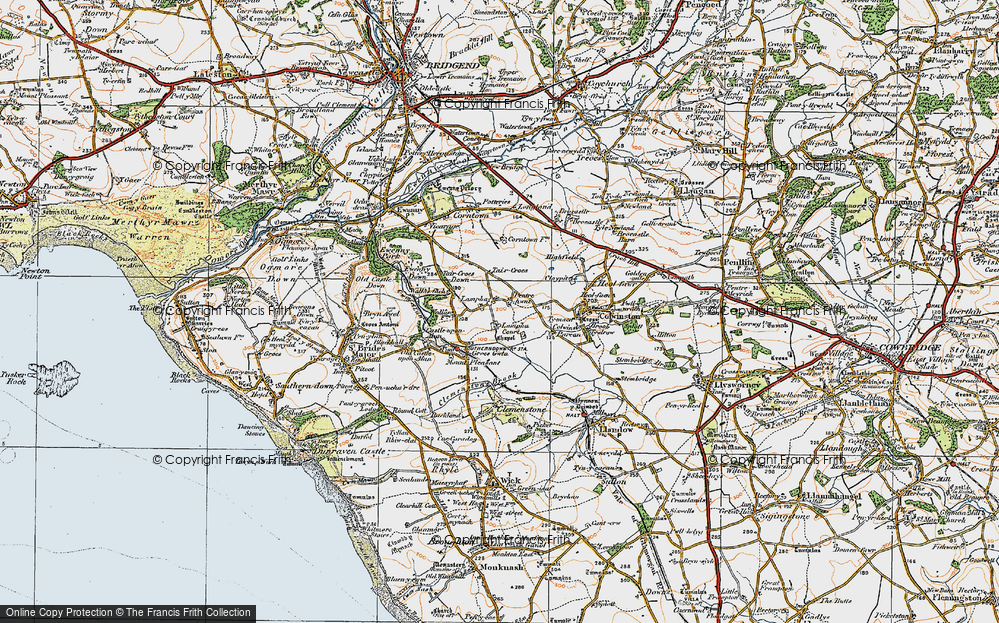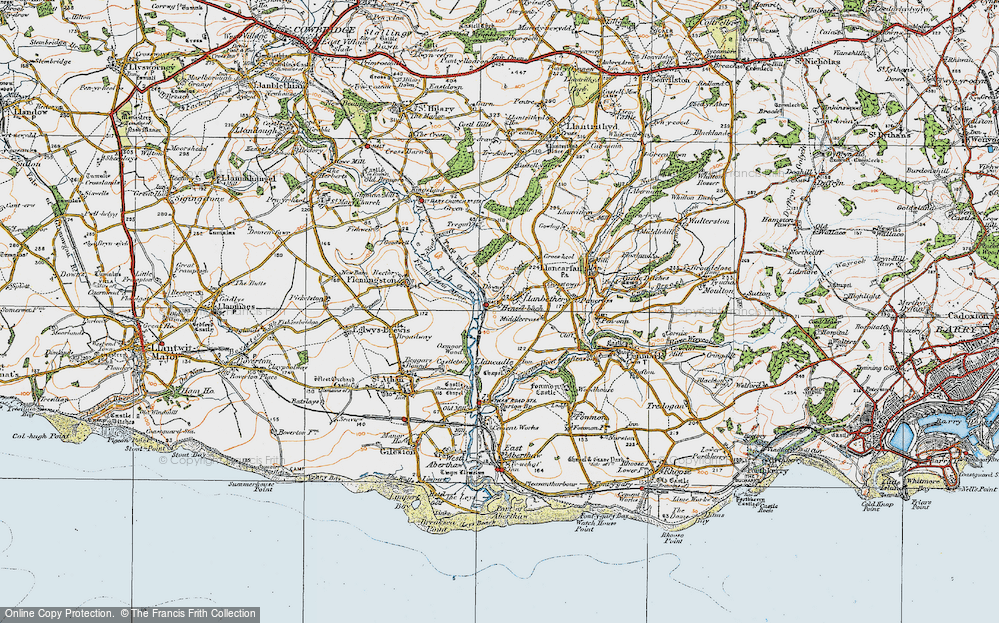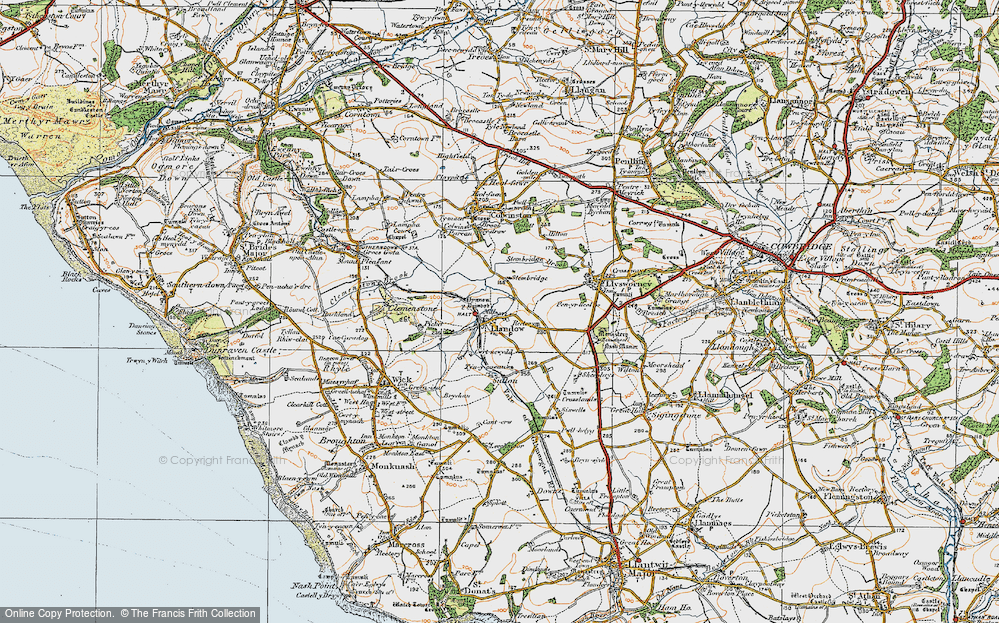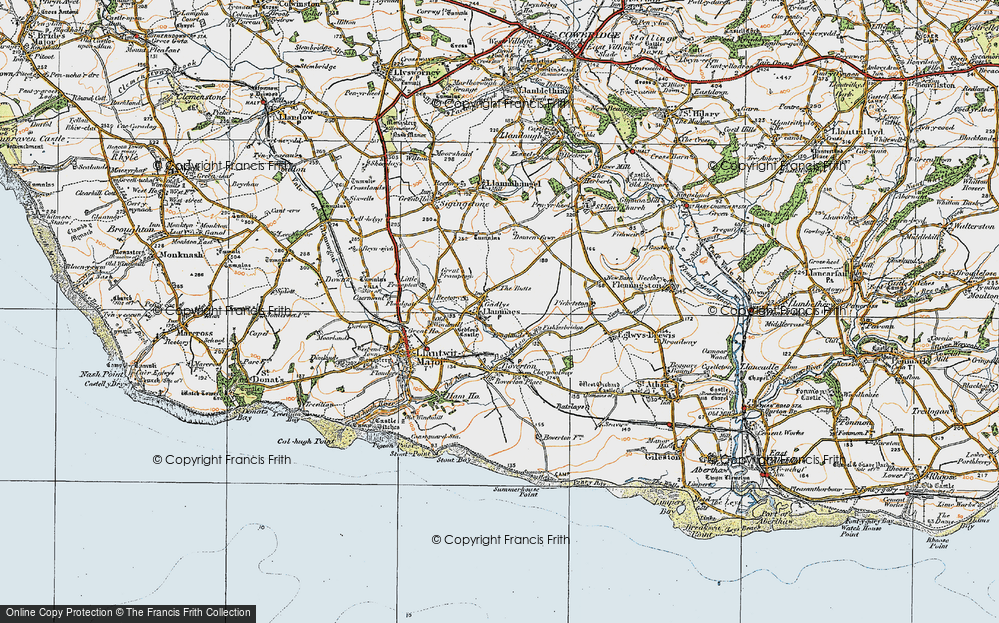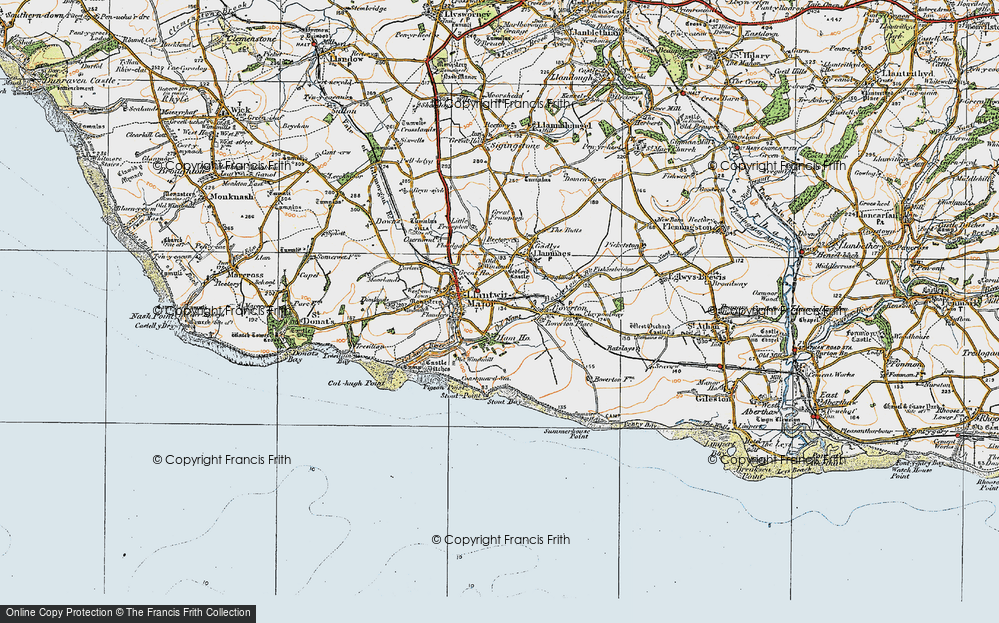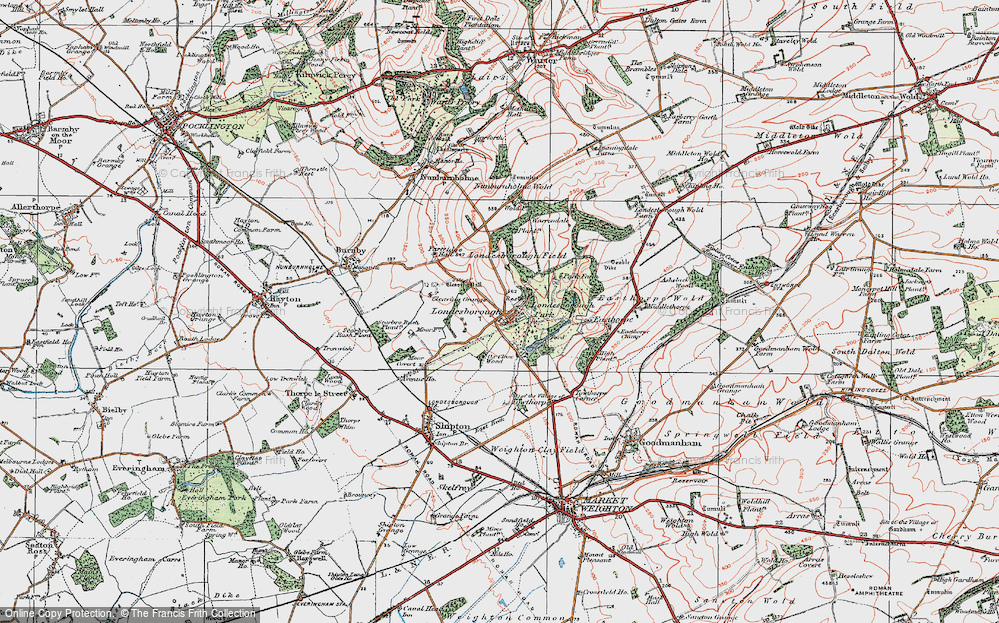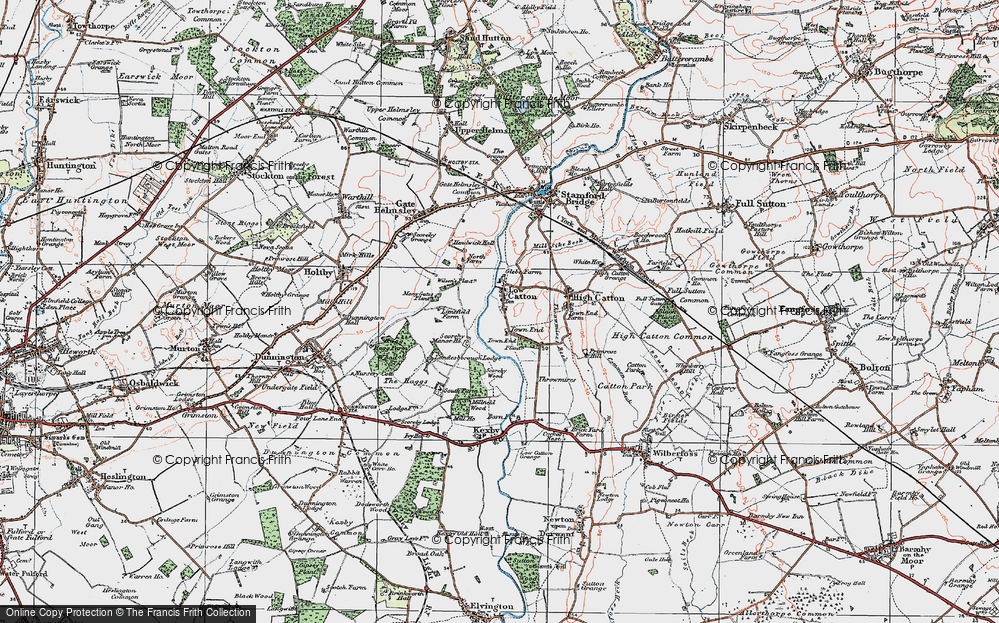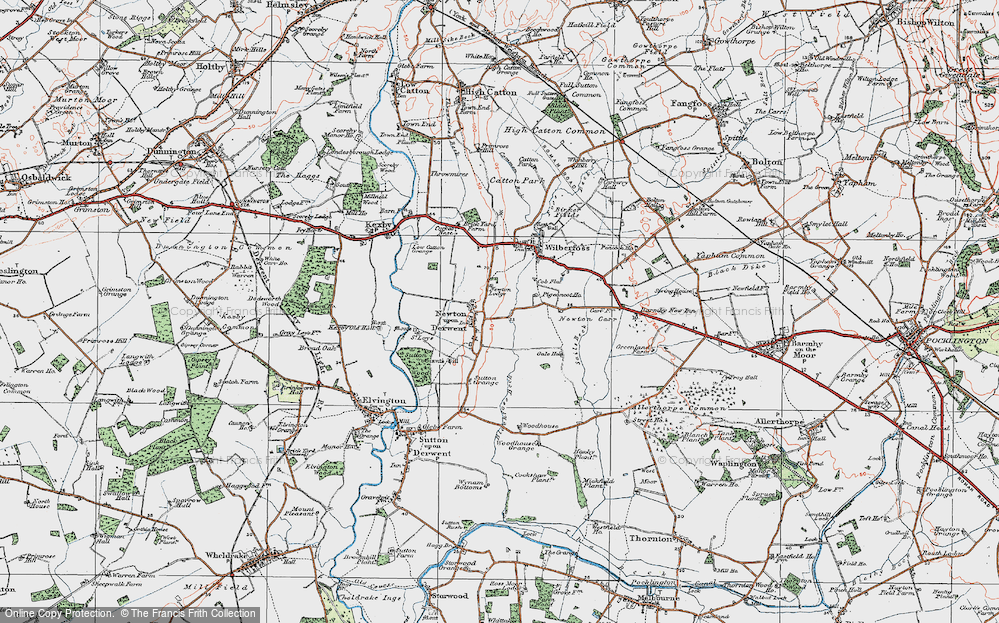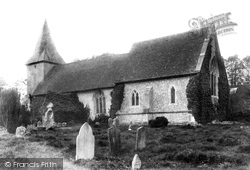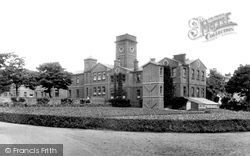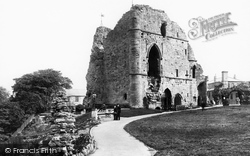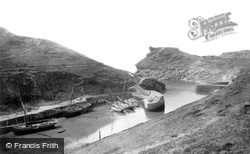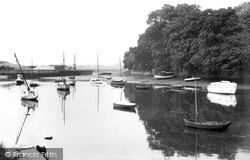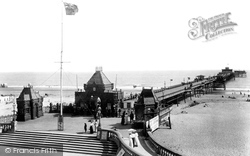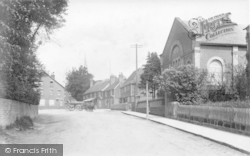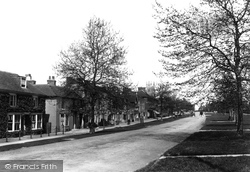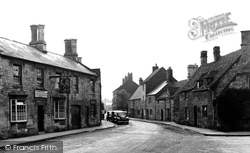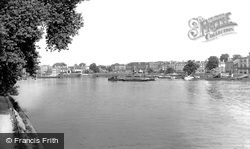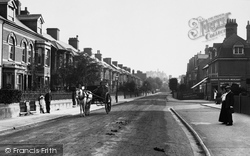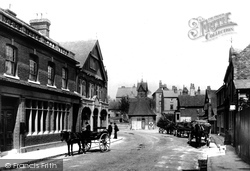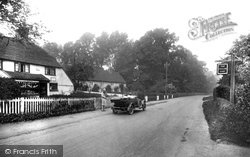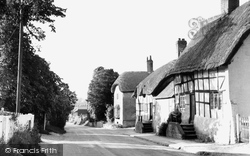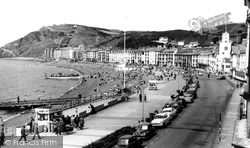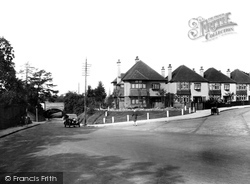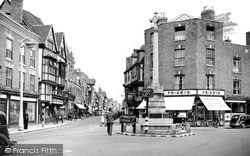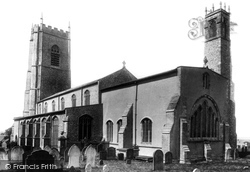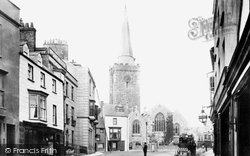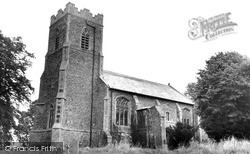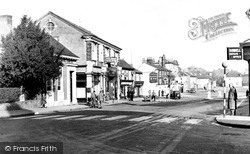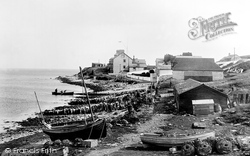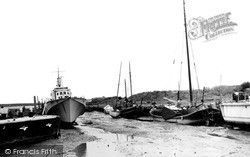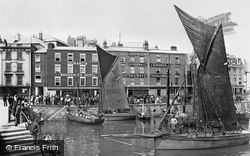Merry Christmas & Happy New Year!
Christmas Deliveries: If you placed an order on or before midday on Friday 19th December for Christmas delivery it was despatched before the Royal Mail or Parcel Force deadline and therefore should be received in time for Christmas. Orders placed after midday on Friday 19th December will be delivered in the New Year.
Please Note: Our offices and factory are now closed until Monday 5th January when we will be pleased to deal with any queries that have arisen during the holiday period.
During the holiday our Gift Cards may still be ordered for any last minute orders and will be sent automatically by email direct to your recipient - see here: Gift Cards
Places
Sorry, no places were found that related to your search.
Photos
Sorry, no photos were found that related to your search.
Maps
7,034 maps found.
Books
163 books found. Showing results 6,217 to 6,240.
Memories
22,913 memories found. Showing results 2,591 to 2,600.
Happy Memories Of South Woodford
My family lived in Hillcrest Road, South Woodford from 1960 to 1973. I had a very very happy childhood there (am still happy though) but had to move to Brighton to attend a deaf school and to avoid the need to ...Read more
A memory of South Woodford in 1965 by
Almondsbury South Gloucester
Where do I start ? Living in Monmouth House on the top of Almondsbury Hill. going to Almondsbury village school sitting next to Tony Evans, head of the Patchway gang & a brilliant football goalkeeper. Gaffer ...Read more
A memory of Almondsbury in 1940 by
The Building Of The M1 Motorway
Living on Tongwell farm was for me a great deal of fun and we always had plenty of things to occupy our time. We attended school in Newport Pagnell and usually got there on the bike and went to our grandmother's house ...Read more
A memory of Tongwell in 1959 by
Robin Hood Pub In Salford
I was born in 61. My gran and grandad Elizabeth and Thomas Wainwright ran the Robin Hood pub in Salford - I cannot remember the exact street it was on, but I think you could get to it from Lower Broughton Rd. It was a cosy ...Read more
A memory of Salford in 1964 by
The Cop
I lived at 14 Darcy Street until we moved to Wallsend in 1965. My name is Allan Calvert, we lived next door to Steven Oppenshaw and his family. I have lots of great memories of good friends, June Welsh, Dennis Thompson, David Maddison ...Read more
A memory of Langley Park in 1890 by
Tottenham In The 50s
I was born in Mount Pleasant Rd in 1947 and lived there until 1959 when we moved to Norfolk, attended Bruce Grove Jnr School and then Rowland Hill. I can remember being taken home from school by my teacher during the smog and ...Read more
A memory of Tottenham by
Beacon Hill
I lived in Beacon Hill Road at the Police House in the 1950s and played cricket for Hindhead C.C when I was about 14, such great days. I was also reserve organist at Beacon Hill Congregational Church where Miss Katherine Osborne ...Read more
A memory of Hindhead by
Celebration Fireworks Panic
To celebrate some milestone in Wednesbury's history, there was a bonfire and firework display at Hydes Road around about the 60's. To ensure everyone's safety, the fire brigade were given the job of setting off the ...Read more
A memory of Wednesbury in 1960 by
North Ormesby
I was born in Queen St in 1954. I have very good memories of my childhood. People looked after each other because everyone was in the same boat, nobody had nowt. As kids, we used to play down shortie bank on the handcarts. My ...Read more
A memory of North Ormesby by
I Remember The Primary School And Merrys Motors In Station Road
I lived in the house on the corner of Station Road, near to the level crossing, and opposite the house was a garage and sign saying "Merry's motors mean many more merry miles motoring". ...Read more
A memory of Egham in 1949 by
Your search returned a large number of results. Please try to refine your search further.
Captions
9,654 captions found. Showing results 6,217 to 6,240.
The church is famous for its association with the naturalist Gilbert White. He was curate here at one time, and used to preach in summer from the steps of a stone cross in the churchyard.
The County Lunatic Asylum was built at Stone, three miles west of Aylesbury, in the early 1850s by the architects Thomas Wyatt and David Brandon.
Baron Serlo de Burg built the first castle at Knaresborough, and during the reign of King John the fortress was also a royal arsenal for the manufacture of crossbow quarrels.
This early photograph gives evidence that Boscastle was indeed a trading port, with a small schooner and smacks lying aground at half-tide.
This photograph somehow conveys the feel of a picturesque West Country creek, with its thickly wooded shore and little boats stranded at low tide. The scene has changed little today.
Skegness owed its popular success to the railway, which reached here in 1873 as an extension from the then terminus at Wainfleet.
Wadhurst, a village about six miles south-east of Tunbridge Wells, was a centre of the iron industry during the 16th and 17th centuries.
This was the year that Coca Cola arrived in Kent and an outbreak of typhoid fever terrified local families. At this time the Headcorn to Tenterden railway line was opened.
Only the Austin 8 and the cars parked behind it suggest that the camera clicked on this scene half a century ago.
The scale of buildings with nothing over three to four storeys has now been rudely interrupted by the 1970s seven-storey extension to the Town Hall behind the 1930s brick building (centre).
This area was developed after 1885 on land owned by the Freehold Land Society. In the distance is the newly-opened Felix Hotel of 1903.
The quaint old clock tower with the fire station in its base, which stood at the foot of Gravel Hill, was an early casualty of the town planners' ruthless remodelling of the town centre.
Brownlow Cottage (left), surrounded by its white picket fence, housed the village store and post office, its windows graced with enamel lettering signs advertising Fry's chocolate and cocoa.
Many people ponder as to how this charming village got its name.
A large pleasure boat beaches to unload its passengers, and a bandstand could still attract an audience in this university town cum resort in West Wales.
We are looking north down the slope to Station Way, and the bridge which dates from the opening of the railway in 1847.
Tewkesbury's cross stands at the meeting point of the town's three main roads – the High Street, Church Street and Barton Street.
Set on the high ground about 115ft above sea level, inland from the main village, St Nicholas's Church was erected and enlarged from the 13th century by the medieval wool traders of the area.
The spire of St Mary's Church rises to 152 feet, and is a landmark for miles around.
The nave was rebuilt at the same time - it is 30 feet wide. There is a blocked arch under the window, where a chapel has been demolished.
The village street shown in this picture is now a busy part of the town.The two cars, a motor cycle and one bicycle reflect a slower pace of life.The bank, with its solid door, is half hidden by
For hundreds of years, the nearness of Purbeck to the coast of France meant that smuggling was a major industry; smuggled goods would often be hidden in the caves and quarries of the Isle.
The sailing barges look very much at home bottomed- out on the creek mud.
Plymouth hookers were essentially long liners, varying in size from 25ft to 40ft and from between five and fourteen tons.
Places (0)
Photos (0)
Memories (22913)
Books (163)
Maps (7034)


